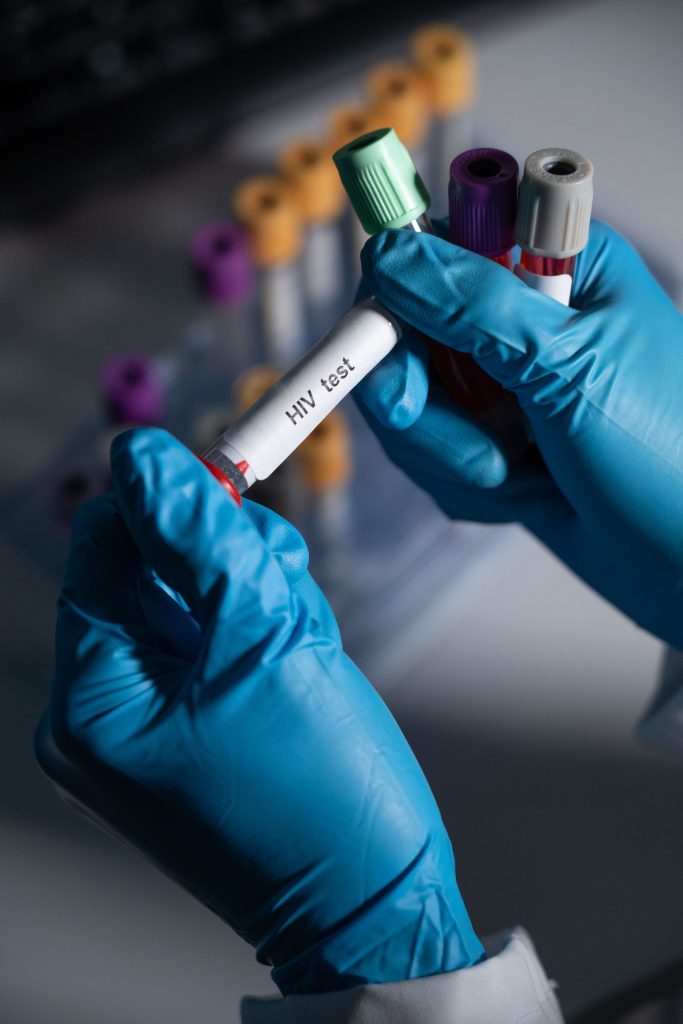Montreal doctor to lead clinical trials tackling HIV and more in Canada

Posted July 17, 2024 12:36 pm.
The Pan-Canadian HIV/AIDS Clinical Trials Network (CTN) have received a $25 million investment over the next five years from the Canadian Institutes of Health Research (CIHR) to expand their network.
The CTN was created in the 1990’s as part of a federal AIDS Strategy but will now broaden their focus to include all sexually transmitted and blood-borne infections (STBBIs). The company will soon be known as CTN+.
According to a press release, the number of new HIV and other STIBBs cases have been steadily rising.
“Although significant progress has been made in developing effective therapies to combat HIV, a cure and vaccine remain elusive,” reads the press release. “Coinfections also pose unique challenges in terms of diagnosis, treatment and prevention.”
McGill University Health Centre Research Institute (RI-MUHC) National Director Dr. Marina Klein will take on clinical trials in Montreal to discover new ways to prevent, treat and manage HIV and other STBBIs by prioritizing a community-based approach.
It will also invest and develop the next generation of Canadian researchers to increase Canada’s capacity to conduct clinical trials and improve the lives of people living and affected by STBBIs.
“The CIHR Canadian HIV Trials Network has fostered collaborative science nationally and globally for more than three decades,” said Dr. Klein. “It has enabled important research advances and facilitated access to the latest treatments. I am proud to help shape the future of the Network as it expands to focus on other important infections that affect the lives of Canadians.”
The CIHR Pan-Canadian Network for HIV/AIDS and STBBI Clinical Trials Research (CTN+) will become a country-wide network.
According to data from the CIHR, in 2022, 39 million people were living with HIV, 630,000 people died from HIV/AIDS and 1.3 million people were newly infected.
Also, around 58 million people were living with chronic hepatitis C and 296 million with hepatitis B.
The challenges towards treating and preventing STBBIs vary by region across Canada.
Clinical trials are heavily concentrated in the bigger cities, leaving rural, remote, and isolated communities without the chance to participate which leads to poorer health conditions for those affected by STBBIs.
“By renewing, diversifying and restructuring, CTN+ will address the current landscape of HIV and STBBIs and enhance Canada’s capacity to respond rapidly to emerging infectious diseases that may prominently impact vulnerable populations,” explained the press release.
Dr. Klein will lead a diverse network compiled of five regional teams, four specialized think tanks and a community-centred knowledge mobilization hub.
These regional teams will include researchers, community members and Indigenous members.
“It will be an honour to continue building on the CTN’s success with our colleagues and community partners across Canada and to guide the next generation of innovators and researchers in working towards eliminating HIV and STBBIs as public health threats,” said Dr. Klein.
Carrie Martin is the CTN’s Principal Indigenous Knowledge member.
She said there is a critical need to involve the Indigenous communities within HIV research.
“As someone who has spent the past 24 years working in the field of Indigenous women’s health with a focus on HIV, I see the critical need to further build capacity within Indigenous communities for research conducted by communities, rather than the historical relationship of outside researchers conducting work on communities,” said Martin. “Health inequities experienced by Indigenous Peoples in Canada include the disproportionate impact of HIV and other STBBIs. These inequities are directly linked to systemic racism and colonial policies.”
The CTN said it plans to hire more Indigenous knowledge members in leadership positions and will integrate Indigenous perspectives into its main operations and processes.



